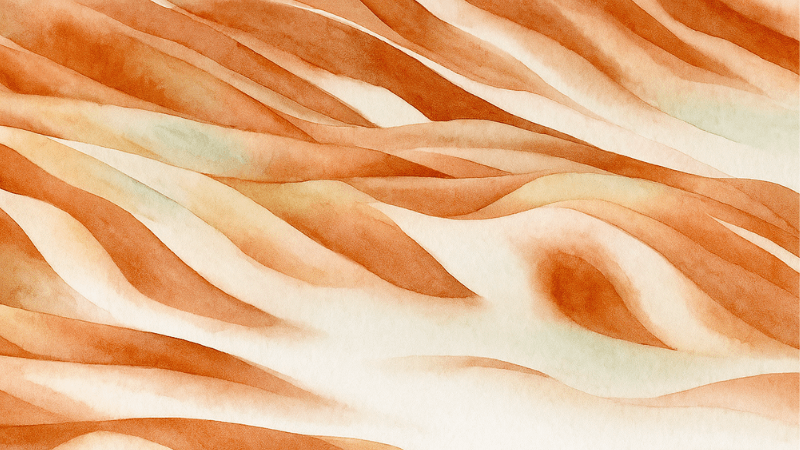Nations that trade pity for comfort, shall find their own names scattered like ash upon the wind.
Rocco Maragna Tweet
I lamentthe cries of Palestinians. Their voices, once fierce and full of anguish, cross the seas only to be softened into whispers by Western comfort. What begins as grief becomes a murmur, and even acts of courage—like the Sudum flotilla—are dismissed, turned from symbols of resistance into objects of mockery.
I lamentthe people who weigh a day’s wage heavier than the death of a child. Their fear is not of blood spilled but of coins misplaced. Yet those same coins, hidden in the tributaries of power, are bought and braided into ammunition and missiles, returned as fire upon the very innocents whose voices they refuse to hear. Thus, wage becomes weapon, and indifference metamorphoses into complicity.
I lament the rulers who were once called guardians, but who have stiffened into statues, cold, unseeing, immovable. Their oppositions, once meant to give voice, are hollow echoes, afraid to shatter the silence. Thus leadership becomes a shadow, present in form but absent in deed.
I lament the people who stand, not with the wounded, but with the wielder of the gun, silent allies to the perpetrator, their comfort a mask for their surrender. Thus silence becomes consent, and consent becomes complicity.
I lament our selective outrage. We rage against those who destroy what we call heritage—Palmyra, for instance—yet we cheer those who claim to defend Western morality. Our applause, however, is hollow, for while we lift our voices in admiration, Gaza falls into ruin. Its people suffer, its patrimony erased, and we remain silent, complicit in a violence we refuse to name.
And I lament most of all the final metamorphosis: the exile of the soul. For when a people forsake the grief of others, they forsake themselves. Cruelty becomes their custom, indifference their law. They dissolve not in the light of day, but into a dusk where nations vanish, remembered only by their silence.
They who close their ears to lament will find, at last, that even their own cries return unheard.
Rocco Maragna Tweet



